There're two people in the world that are not likeable: a master and a slave
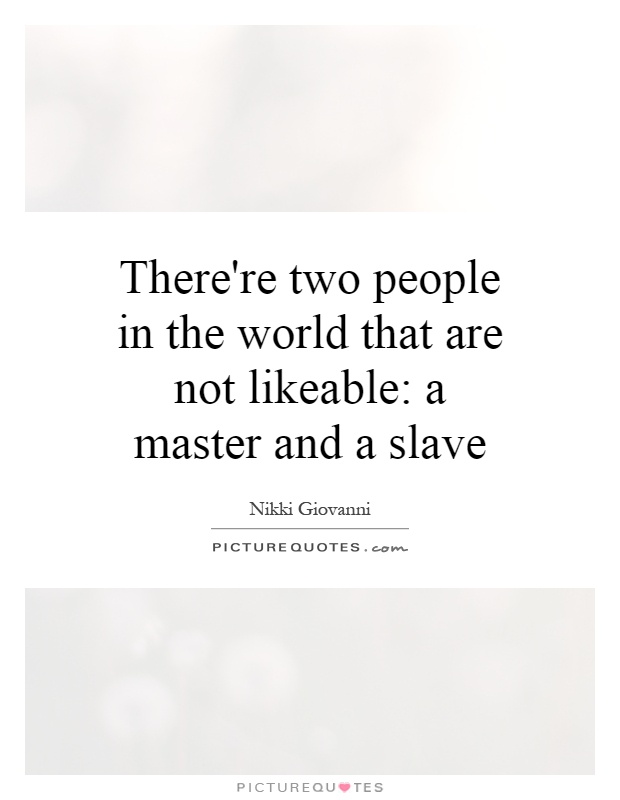
There're two people in the world that are not likeable: a master and a slave
Nikki Giovanni, a renowned poet, writer, and activist, has often explored themes of power dynamics, oppression, and liberation in her work. In the context of the statement "There're two people in the world that are not likeable: a master and a slave," Giovanni's perspective on these roles is likely to be complex and nuanced.Giovanni's poetry often delves into the experiences of marginalized individuals, particularly African Americans, and the ways in which they navigate systems of power and oppression. In her exploration of the master-slave dynamic, Giovanni is likely to challenge traditional notions of likeability and morality. She may question the inherent humanity of those who wield power over others, as well as the dehumanizing effects of being subjugated to another's will.
For Giovanni, the master-slave relationship is not simply a matter of personal preference or individual character traits. It is a reflection of larger societal structures that perpetuate inequality and injustice. In her work, Giovanni may highlight the ways in which power imbalances are maintained through systems of oppression, and the ways in which individuals are complicit in perpetuating these systems.
Giovanni's perspective on the master-slave dynamic is likely to be informed by her own experiences as a black woman in America. She may draw parallels between historical forms of slavery and contemporary forms of oppression, highlighting the ways in which power dynamics have evolved but remain fundamentally unchanged. Through her poetry, Giovanni may challenge her readers to confront their own complicity in systems of oppression, and to work towards a more just and equitable society.
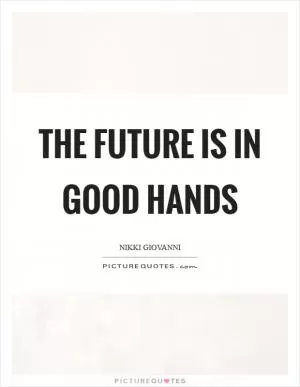
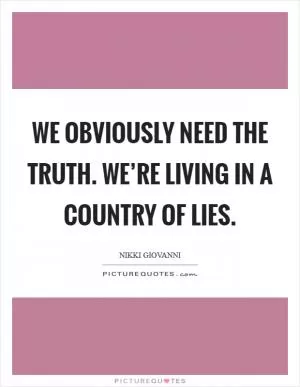
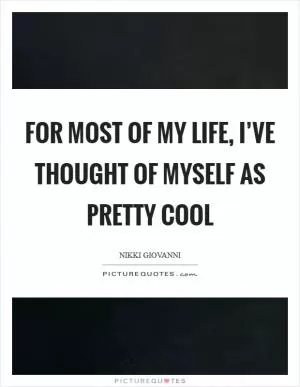
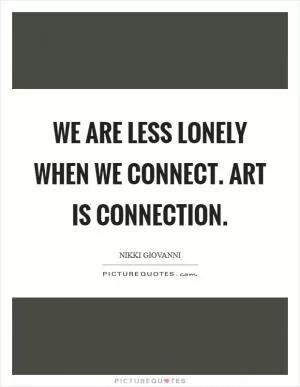
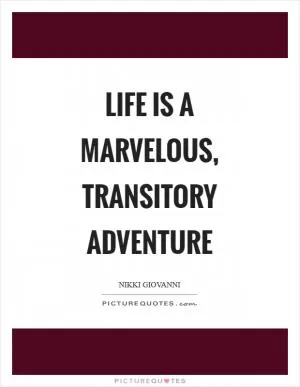
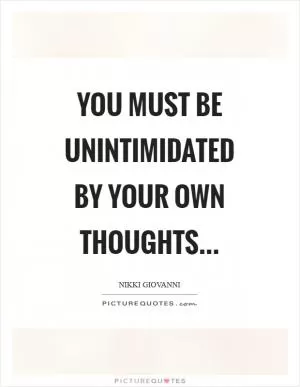
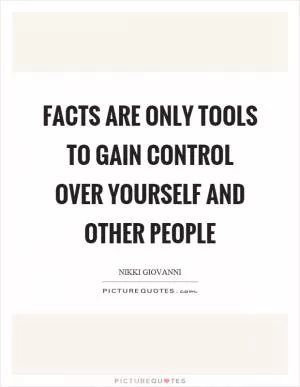
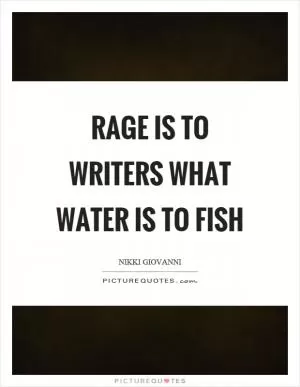
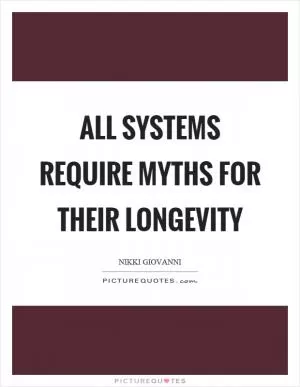
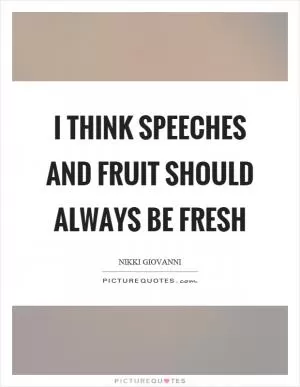

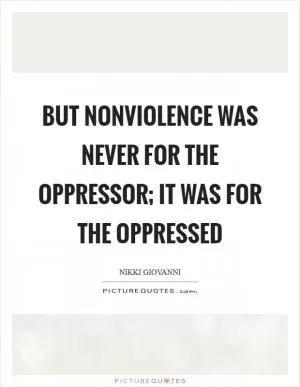
 Friendship Quotes
Friendship Quotes Love Quotes
Love Quotes Life Quotes
Life Quotes Funny Quotes
Funny Quotes Motivational Quotes
Motivational Quotes Inspirational Quotes
Inspirational Quotes